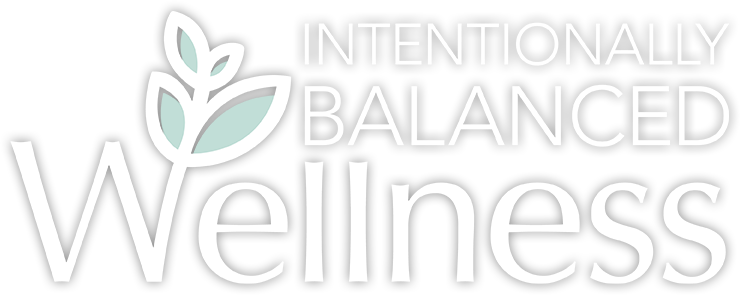At some point in your life, you have gone or will go head to head with a hard situation. You either develop coping skills for anxiety because of that hard situation, or you don’t. If you don’t develop healthy coping skills, you cope using medication, alcohol or other addictions. In this article, I’ll share with you my experience and the coping skills for anxiety I developed and teach my clients to use.
My Anxiety Story
I started working as a new dietitian in 2006. I worked with patients in the hospital with other dietitians in the morning. In the afternoon, I went to the cardiac rehab to work as the only dietitian with the rehab patients. Working in the cardiac rehab is where I developed my love for outpatient therapy. And although that position gave me satisfaction in what I was doing, I was getting sick.
I started having severe digestive pain, gas and bloating. After going to the doctor, getting on needless antibiotics, and having an incorrect diagnosis, I decided to put the detective hat on myself and figure it out on my own. I came to the realization that I was suffering from anxiety triggered by my lack of confidence in working in the cardiac rehab alone.
I developed healthy coping skills for anxiety and healed myself. I’ll tell you what I did so you can implement the changes into your own life.
My Coping Skills for Anxiety
My approach to developing coping skills for anxiety was multifactorial. As a dietitian, I immediately looked at what I was eating and if I was deficient in any minerals. But I also knew what I was telling myself was a big part of it.
Nutrition Coping Skills for Anxiety
Changing what you eat can be a great coping skill for anxiety. Your diet effects every area of your health. Two ways your diet will effect anxiety is in its roll in the microbiota and in how your diet influences your nervous system.
Your digestive system (actually, mainly your large intestine) is lined with an ecosystem made up of billions of microorganisms. These microorganisms can be beneficial, harmful or neutral to your health. We want this ecosystem to be mainly beneficial bacteria…meaning, they help you feel good, help maintain a healthy weight, create vitamins and minerals for you, break your food down, and create the appropriate amount of chemicals sent to the brain. What you eat feeds the microorganisms and, therefore, determines what microorganisms grow in the digestive ecosystem.
For a simplified explanation, real food that grows from this earth will feed the beneficial microorganisms. Processed food that has been stripped of it’s natural nutrients, has chemicals, preservatives and additives will feed the harmful microorganisms. If you want the beneficial microorganisms to grow, you have to feed them real food.
Supplement Coping Skills for Anxiety
It’s no secret that with the mass farming that is done in our country, and the way food crops are handled, that our food is depleted of the nutrients that naturally should be present. Even if you eat a “perfect” diet, you probably should be taking supplements to counteract the effects of stress, and to supplement the diet to get the nutrients that just aren’t present in the food you eat.
These are the supplements I recommend to my clients to help ease anxiety. I don’t recommend all at once. Take one or two for a couple months before you give your full judgement and before moving on.
Mental Coping Skills for Anxiety
What you tell yourself is important to managing anxiety because every cell hears your thoughts. Using positive affirmations can be a powerful coping skill for anxiety. Start paying attention to what you’re telling yourself. If it is negative, combat those lies with truths. Do this over and over and your thoughts will become more positive and you’ll notice the anxiety easing as well.
Breathwork as a Coping Skill for Anxiety
You have a very important coping skill for anxiety that you may not be aware of and that’s your breath! Using your breath as a tool to calm you is powerful. When tense, you will probably take shallow breaths or even hold your breath. When relaxed, you probably take deeper, slower breaths.
You can manipulate your breath and intentionally change it. By making it slower and deeper, you can ease tension and reduce anxiety.
Let’s Connect!
I’d love to hear from you! What are your favorite coping skills for anxiety? Have you tried any of these?



